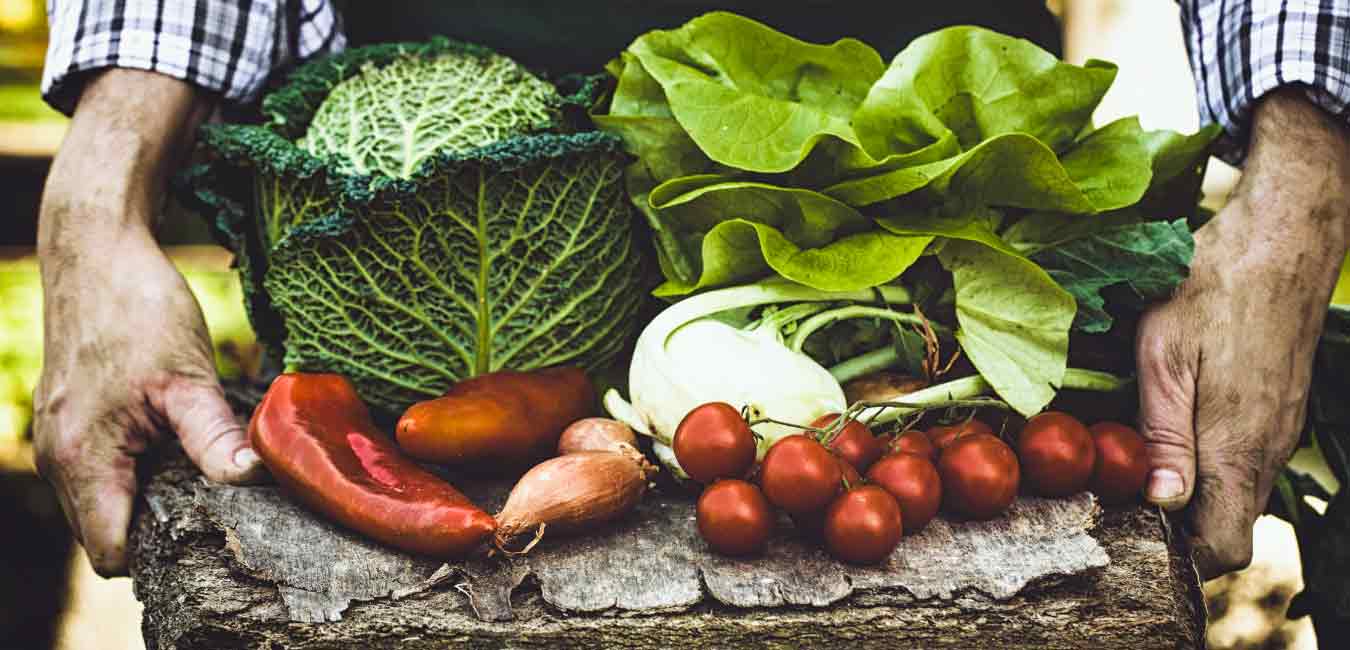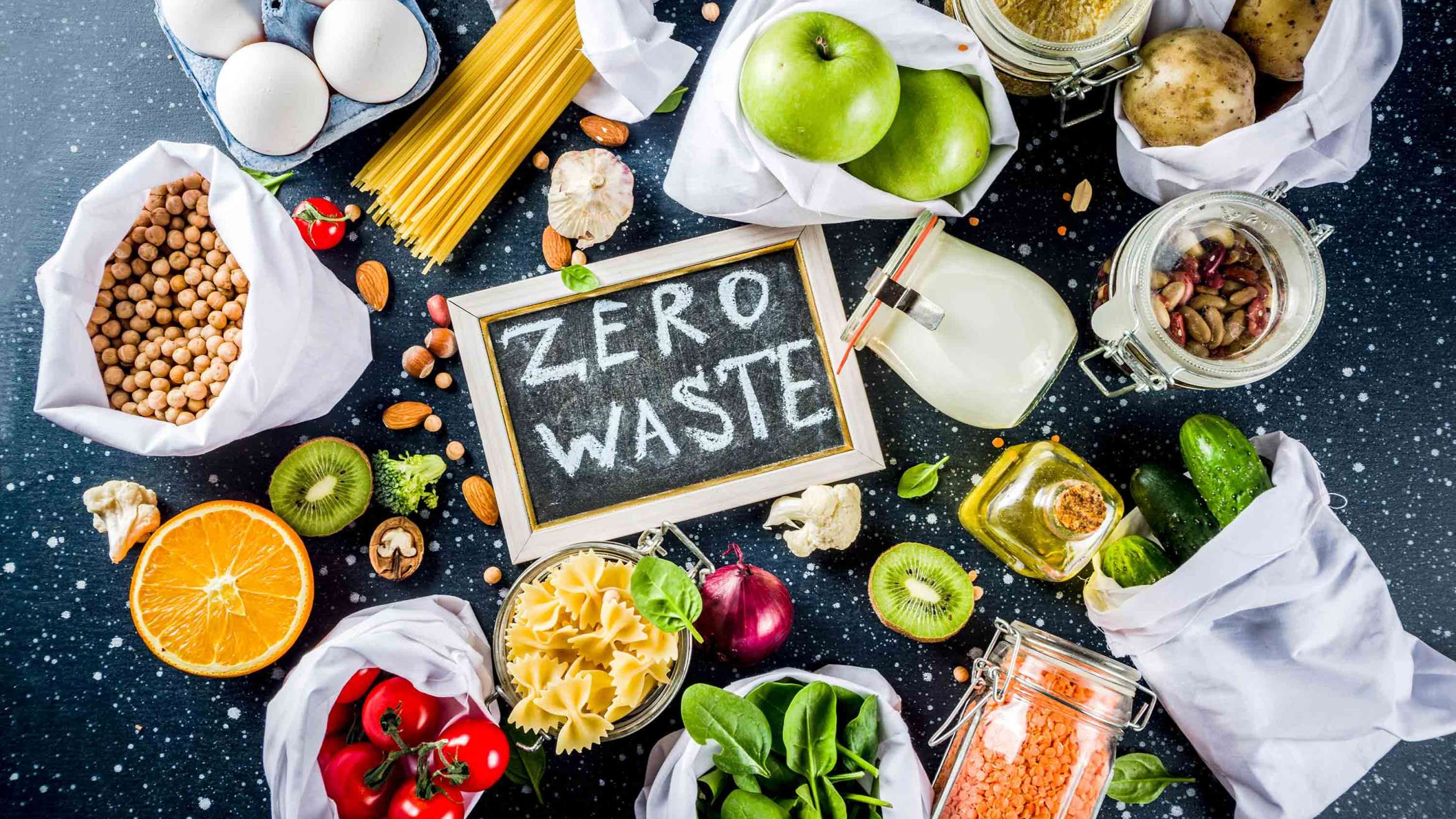Food Integrity — Aligning Food System Practices & Consumer Expectations
Eating at a Meeting Podcast Episode 50
Free-from, GMO, naturally grown, organic, sustainable, cage-free. You name it, there’s a label for it in the food you are buying. But, what do they all mean? Which one is right for you? Your guest?
Consumer’s expectations around food and beverage are changing. The diversity of needs, wants and customs is vast. How do those who provide the food — farmers, manufacturers, grocers, chefs, hotels, event planners, servers — stay on top of the needs, communicate and build trust in their products and help consumers make informed decisions?
In this episode, Roxi Beck who works with The Center for Food Integrity a not-for-profit organization whose mission is to help today’s food system earn consumer trust, shares what food integrity is and how a “transparent, sustainable food system” can “align with consumer expectations” to create delicious tables.
What do safe, inclusive & sustainable food and beverage experiences look like to you?
Because I work with entities throughout the food supply chain, I think about these terms differently than the way they may show up on the label. I have a privilege to work with people whose careers have been dedicated to food safety, sustainability and now am seeing more focus on diversity. I have had to ask a lot of questions of these companies and organizations throughout my career, so my experiences with foods and beverages often come with memories of the people who work for the brands we choose – be that consumer packaged goods, restaurants, retailers – even farmers, dietitians or chefs.
Do you have an example of a situation that negatively effected you and/or other individuals or groups’ food and beverage experience?
Perhaps a pet peeve in general – that extends into the food/beverage category – I am bothered when people make and state assumptions about others. Think: “I bet you never/always choose <insert brand/type of food/etc.> because you work with the food industry.” Those assumptions are rarely correct. Another example is when people make statements that are clearly misguided or missing a factual basis. Food is an interesting category that people like to blame, but we often forget that we have the power to choose what we put in our bodies, so statements about what the food industry is doing “to us” can be pretty frustrating.
What do you wish people knew about what you do?
I’m not a food or beverage expert – I just happen to work with many. In general, I wish people knew that there are SO MANY GREAT PEOPLE working in the food system. There are food scientists, ethicists, toxicologists, veterinarians, entomologists, geneticists…. And SO many more who are working towards a more sustainable food supply. My work with them is designed to better communicate the complexities of their work in a way that is relevant, understandable and useful to those of us who eat 😊
What is a best practice you use/or have seen to create safe and inclusive F&B experiences?
I have worked in food and agriculture my whole career (and I grew up in agriculture) and the amount of research that is conducted to ensure safety for people, animals and our planet is mind-boggling. I feel it should be a real point of pride for the industry.
Links:
Connect with Roxi — Website | LinkedIn
Check out other featured guests on the Eating at a Meeting podcast







